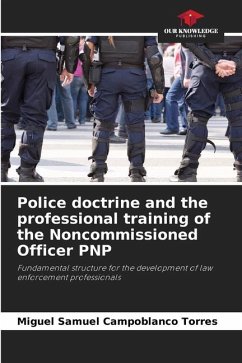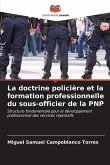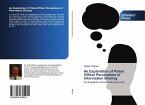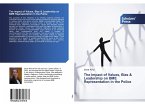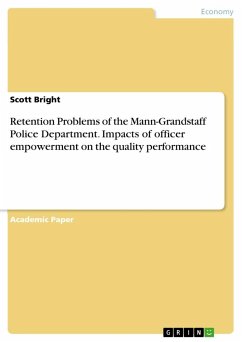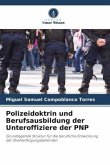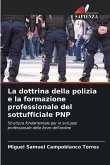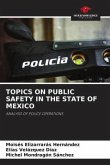Peruvian society is going through a worrying situation of a deficit of values. Corruption has become a major problem, penetrating the foundations of public institutions, affecting governance, justice management and people's rights, generating high levels of distrust among the population. Within this situation, the National Police of Peru is also one of the institutions of public distrust, as a consequence of the inadequate performance and behavior of its personnel, due to factors related to their professional training. In view of this, it has been observed that such training is carried out with inadequate curricular plans that mean that indispensable subjects in police doctrine do not have the necessary academic hours because they are considered complementary. This research analyzes the relationship between police doctrine and professional training of the NCO, in order to demonstrate an adequate fulfillment of its fundamental mission, to serve others and promote the common good, observing an irreproachable behavior, according to law, principles and ethical values, in their professional, social and private life.
Bitte wählen Sie Ihr Anliegen aus.
Rechnungen
Retourenschein anfordern
Bestellstatus
Storno

